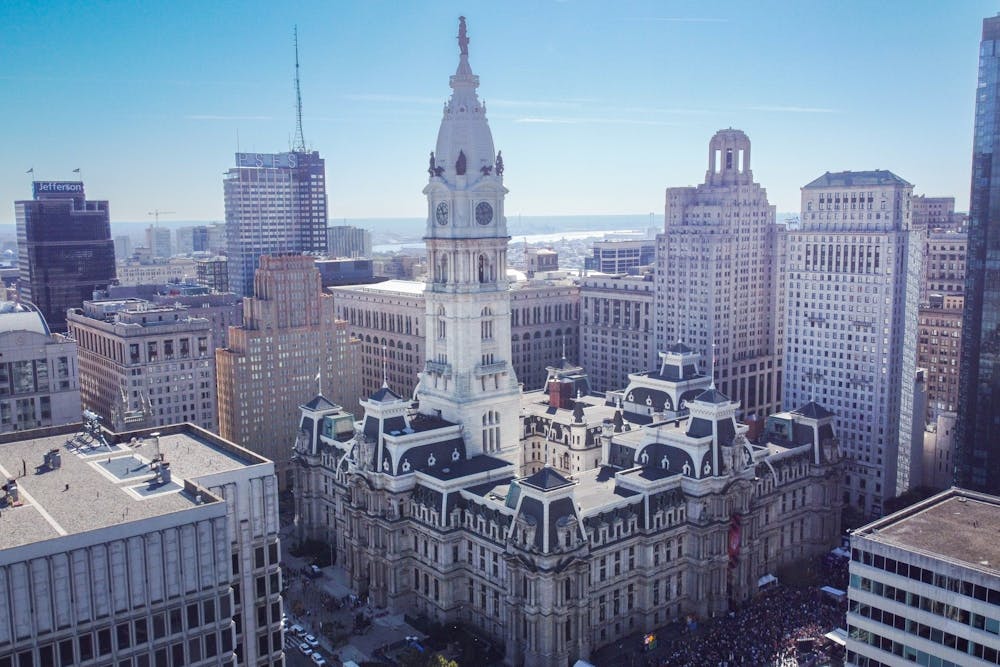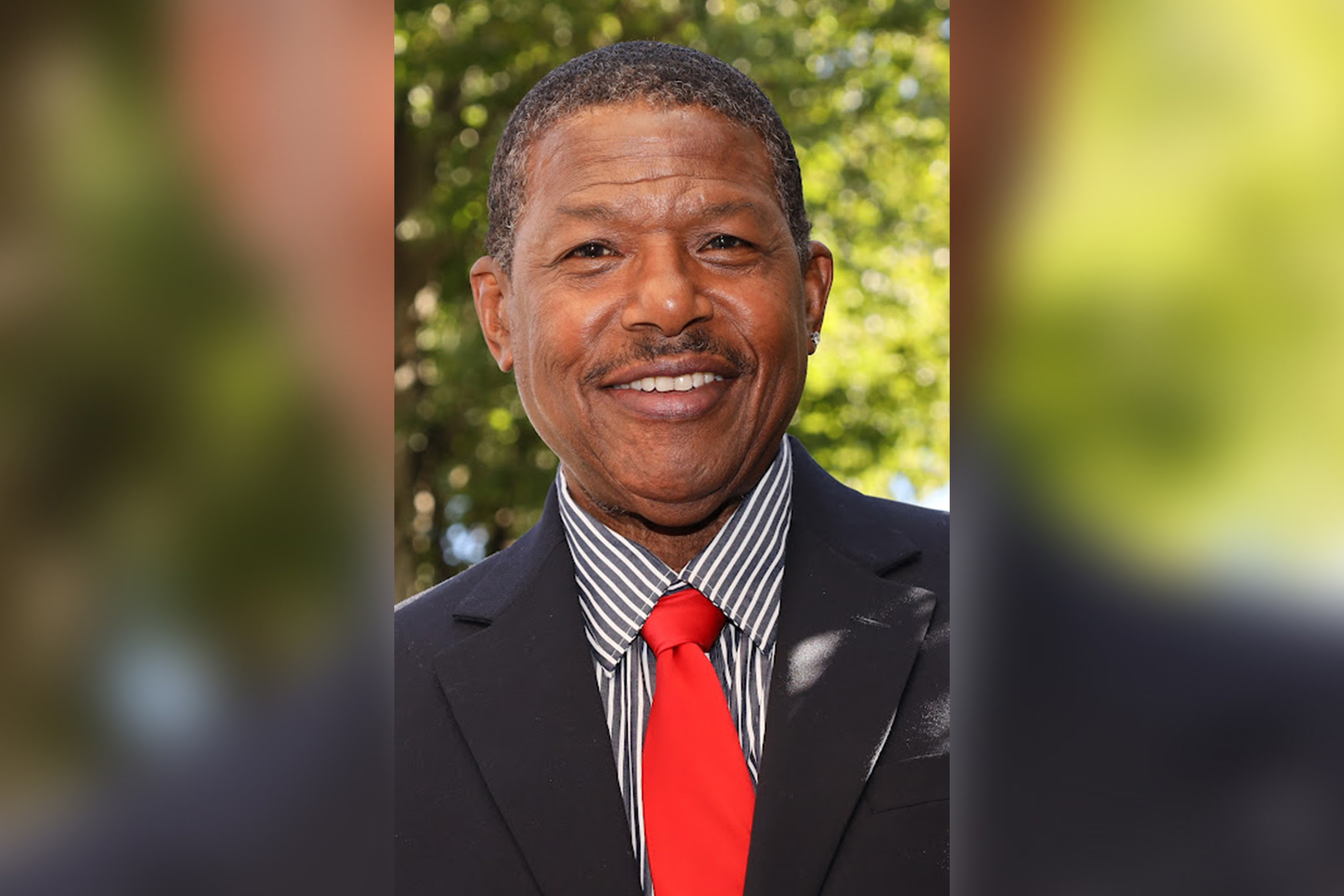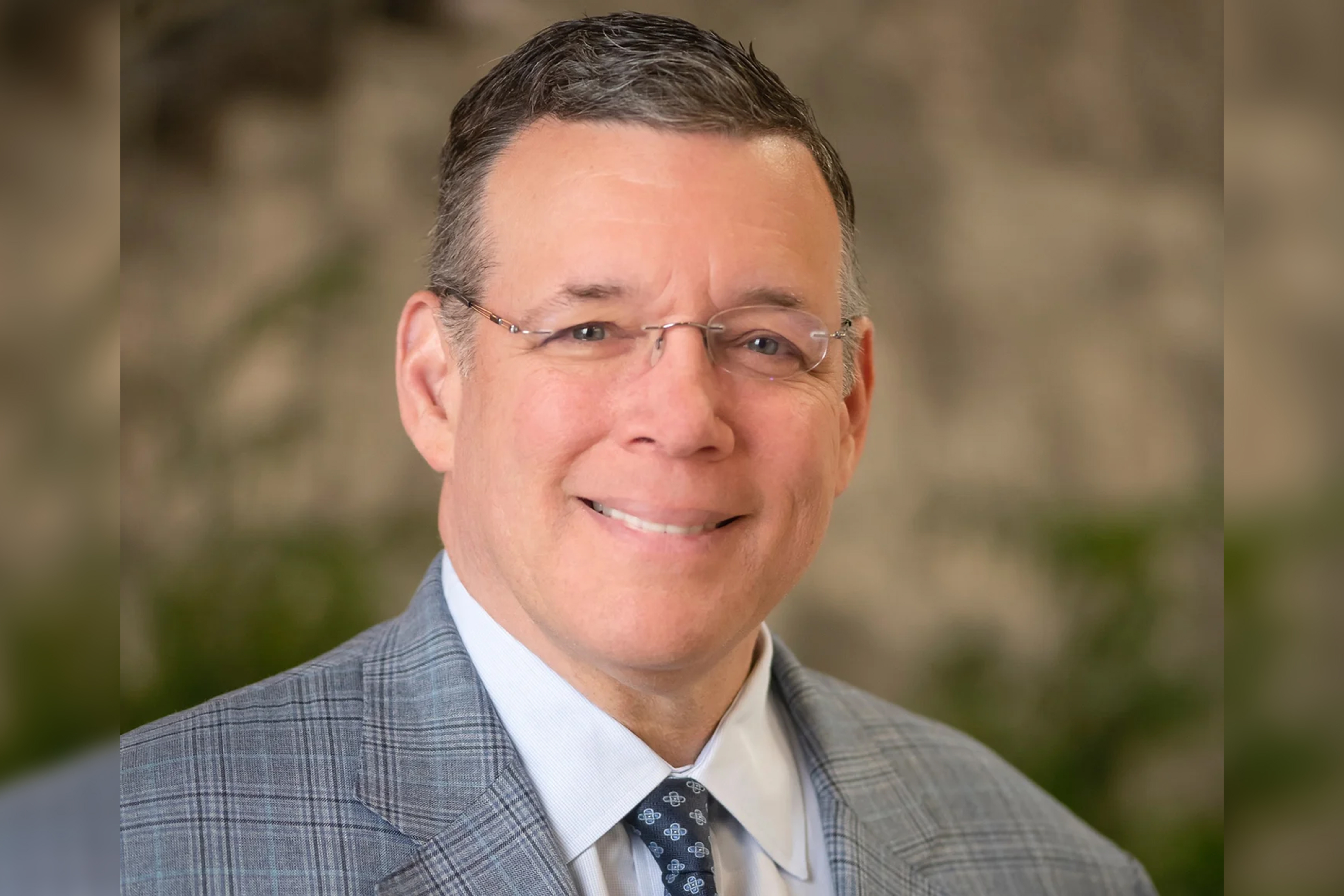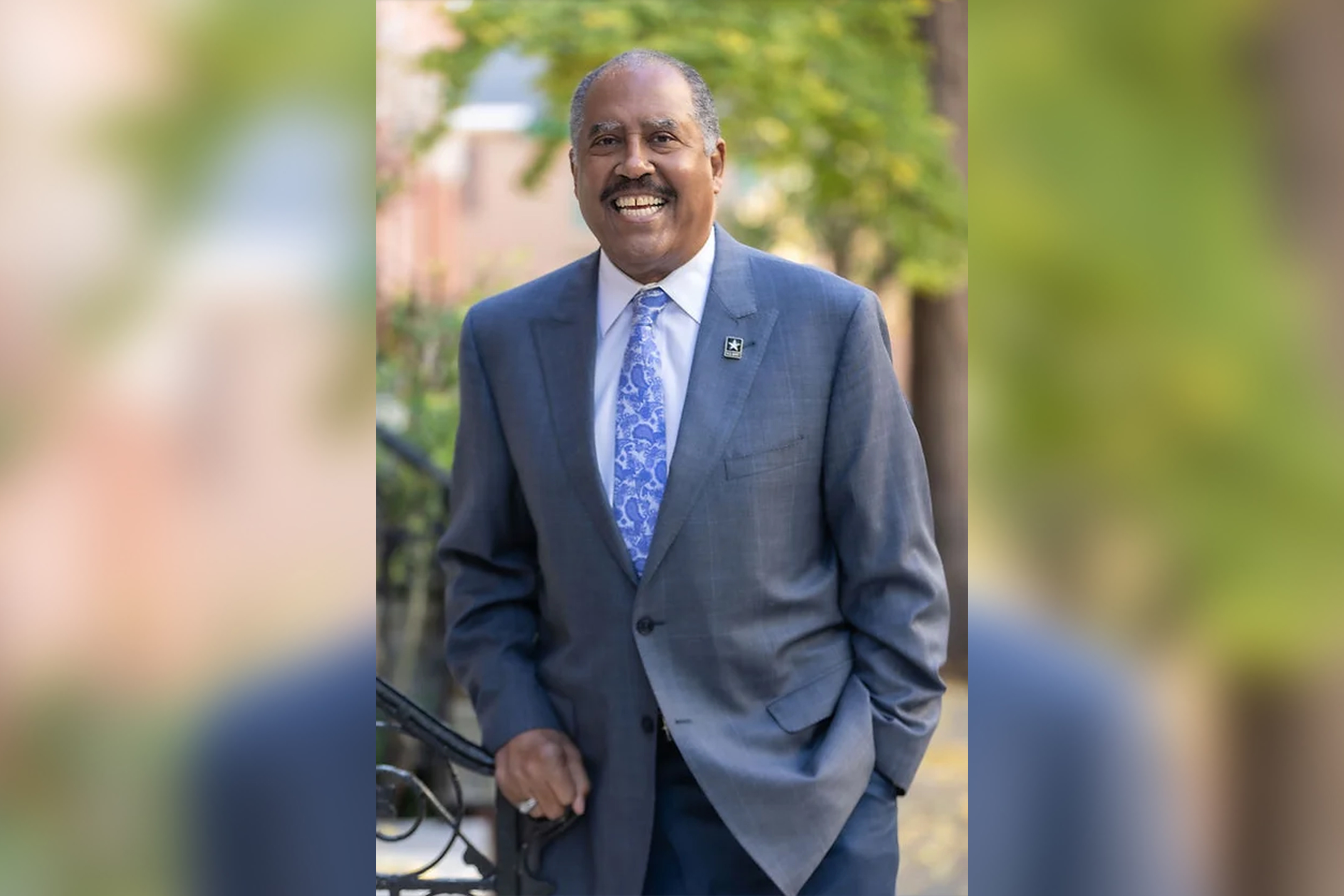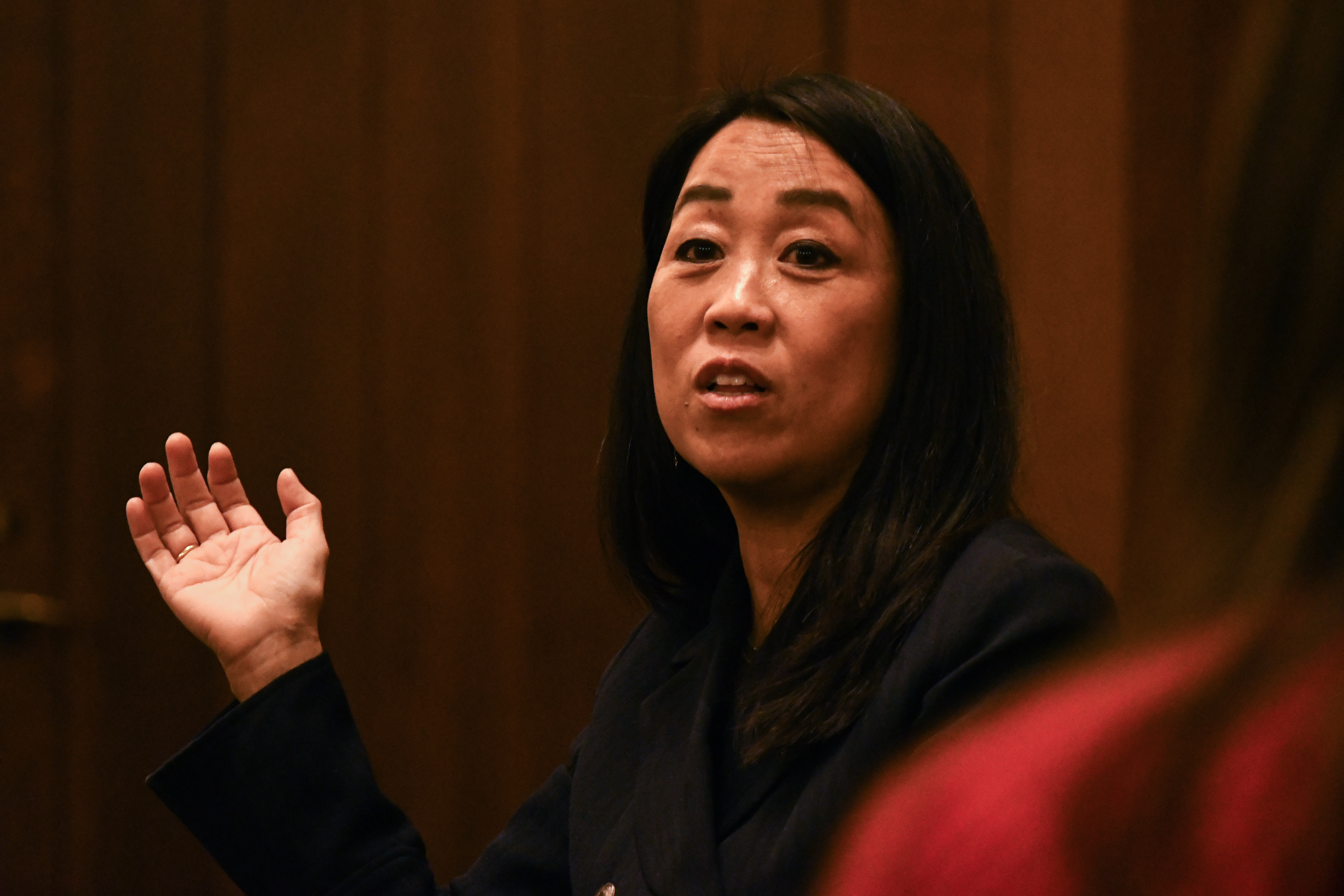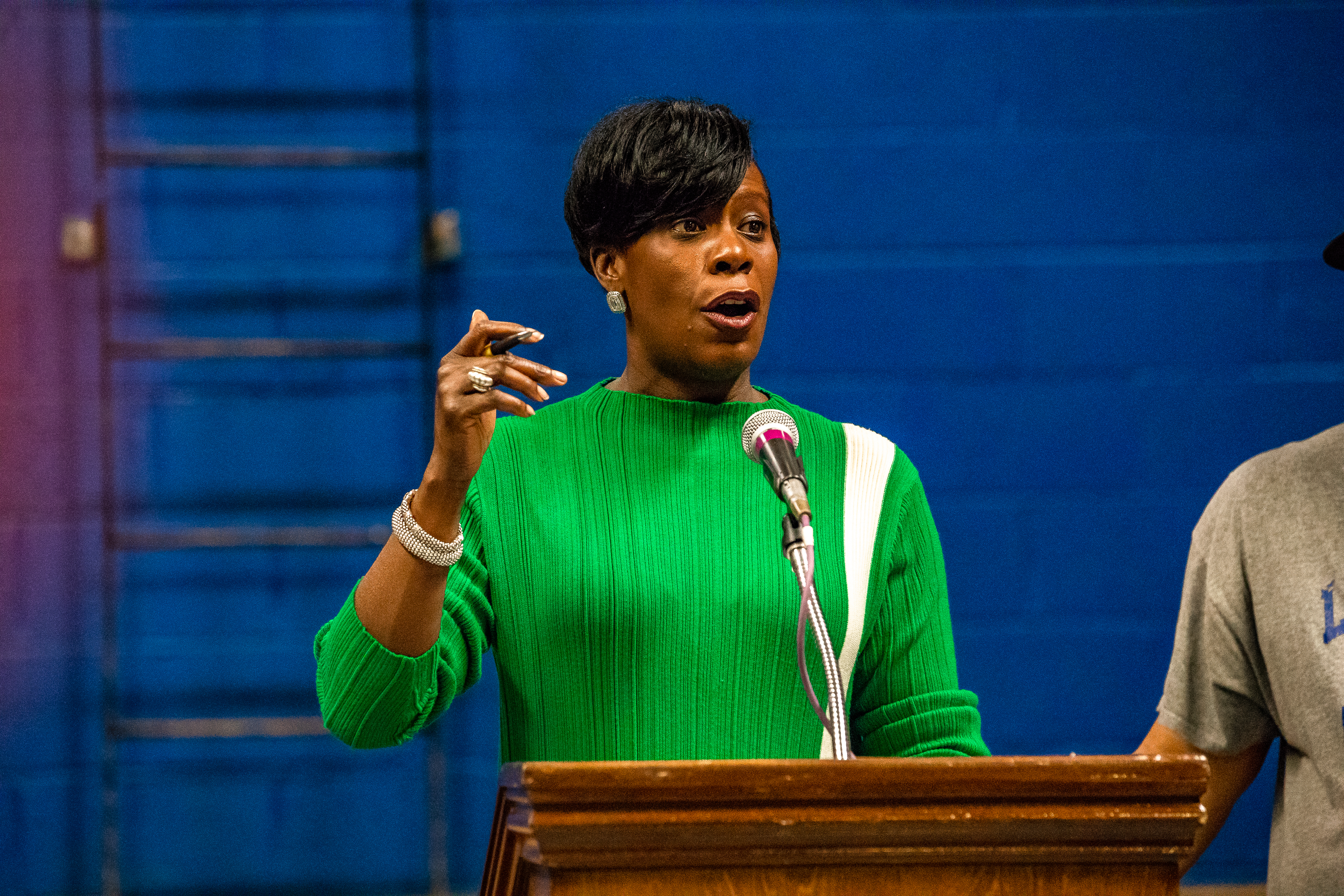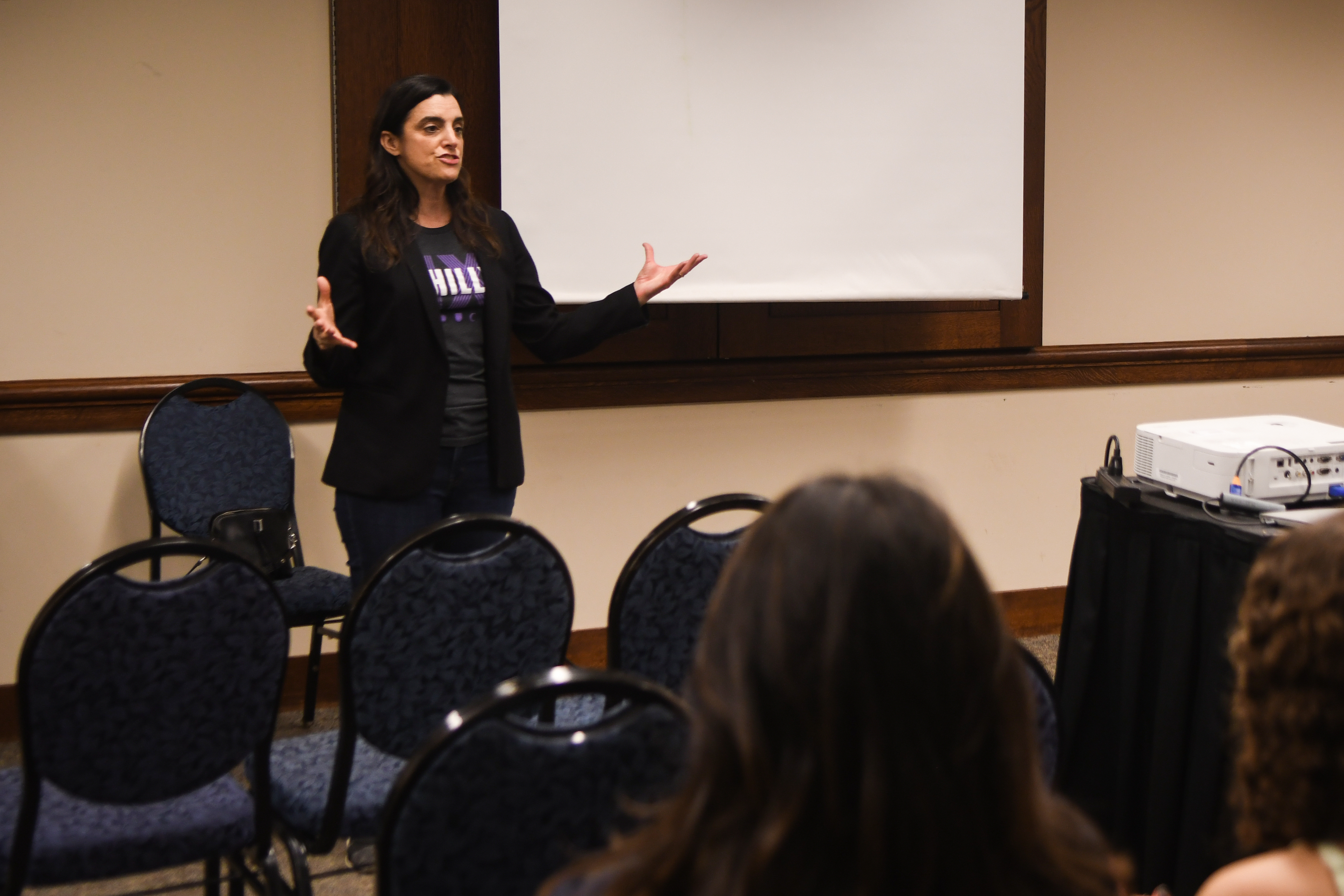Ahead of the Philadelphia mayoral primary election on May 16, The Daily Pennsylvanian assembled a comprehensive ballot guide detailing polling locations at Penn, features of the mayoral candidates, and a brief run-down of the other candidates for students registered to vote on campus.
Getting registered to vote:
In Pennsylvania, the final day to register to vote for this election is May 1, and the last day to apply for a mail-in or civilian absentee ballot is May 9. If voters are unsure about their voting status, voters can check here. Voters can register to vote online or find directions for registering in-person or online, via Penn Leads the Vote's website. Community members can request an absentee ballot if they will not be on-campus on Election Day but still wish to vote. Absentee ballots must be received by the County Board of Elections by 8 p.m. on May 16.
Polling locations:
Voters can cast their ballots for the election on Penn's campus on May 16 from 7 a.m. to 8 p.m.
Students who live in Kings Court English, Lauder, Hill, and Domus can vote in ARCH Room 108.
Students who live in the Quad, Harnwell, Stouffer, Gregory, Harrison, Rodin, Du Bois, and Gutmann college houses, or the Axis, the Chestnut, the Radian, Chestnut Hall, Hamilton Court, the Hub, or at 3737 Chestnut can vote in Bodek Lounge in Houston Hall.
Students who live in The Simon at Founder's Row can vote at Robeson High School — located at 4125 Ludlow St.
Students can check the location of their polling place here.
Who are the mayoral candidates on the ballot?
Democrats
Republicans
Who else is on the ballot?
Philadelphia
Philadelphians will choose party nominees for the entire 17-member City Council, Controller’s Office, City Commissioners, Sheriff, and Register of Wills. Voters will also select nominees for a slate of municipal and statewide judges. Here’s how each position works in city government:
City Council: 17 members will serve on the legislative body of Philadelphia’s municipal government. There is one representative from each of Philadelphia’s 10 districts, plus seven “at-large” members, who are elected by the entire city. Incumbent Jamie Gauthier is running unopposed in the Democratic primary for the 3rd district, where Penn is located. There are 28 candidates running for the at-large spots in the Democratic primary, and 6 candidates running for the at-large spots in the Republican primary.
City Commissioner: The City Commissioner works on the Board of Elections to establish policies regarding elections and voter registration. Omar Sabir and Lisa Deeley are running in the Democratic primary, and Seth Bluestein is running in the Republican primary.
City Controller: The Controller, whose role is independent of the mayor and City Council, oversees independent audits and analyses that provide unbiased information about Philadelphia’s financial operations and the usage of public resources. Christy Brady, Alexandra Hunt, and John Thomas are running in the Democratic primary, and Aaron Bashir is running in the Republican primary.
Sheriff: The Sheriff manages courthouse security and oversees court-ordered property foreclosures and tax sales. Rochelle Bilal, Jackie Miles, Michael Untermeyer, Jacque Whaumbush are running in the Democratic primary, and Mark LaVelle is running in the Republican primary.
Register of Wills: The Register of Wills keeps records of wills and inventories of estates. The Register of Wills also is responsible for issuing marriage licenses. Tracey Gordon, Rae Hall, Elizabeth Lowe, and John Sabatina are running in the Democratic primary, and Linwood Holland is running in the Republican primary.
Pennsylvania
Justice of the Supreme Court: The justices have the final say on cases that are moved up through Pennsylvania’s two other appellate courts. Deborah Kunselman and Daniel McCaffery are running in the Democratic primary, and Carolyn Carluccio and Patricia McCullough are running in the Republican primary, according to Spotlight PA.
Judge of the Superior Court: The judge fills a seat on one of the commonwealth’s two intermediate appellate courts. Timika Lane, Jill Beck, and Pat Dugan are running in the Democratic primary, and Harry Smail and Maria Battista are running in the Republican primary.
Judge of the Commonwealth Court: The judge fills a seat on the other of the commonwealth’s two intermediate appellate courts. Bryan Neft and Matt Wolf are running in the Democratic primary, and Josh Prince and Megan Martin are running in the Republican primary.
Judge of the Municipal Court and Judge of the Court of Common Pleas: The First Judicial District is composed of two courts which make up the Philadelphia County Court System: the Municipal Court and the Court of Common Pleas. The former court has seven Democratic and one cross-filed Republican and Democratic nominees, and the latter court has 10 Democratic nominees.
What are the ballot questions?
There are four city-wide ballot questions, on which all Philadelphia voters — even those without party affiliation — may vote. Each question asks voters to vote yes or no.
The first question asks whether The Philadelphia Home Rule Charter — akin to the city’s constitution — should be amended to expand the reserve requirements for its “rainy day fund.” The Pennsylvania Intergovernmental Cooperation Authority, an independent oversight body, found in a 2021 study that Philadelphia ranked 16th out of 18 major cities in its maintenance of a rainy-day account. This amendment is supported by Democratic Mayor Jim Kenney.
The second question asks whether the city charter should be amended to create the Division of Workforce Solutions within the Department of Commerce. The Division would be the city’s “clearinghouse for residents looking for jobs” in the public and private sectors, offering connections to job training services and employment opportunities, according to the Committee of Seventy. This amendment is supported by Democratic Mayor Jim Kenney.
The third question asks whether the city charter should be amended to make employees of the Citizens Police Oversight Commission exempt from the city’s merit-based evaluation system. According to The Philadelphia Inquirer, a “yes” vote indicates that one agrees that the “commission’s employees should be exempt from civil service hiring requirements, which can limit hirning eligibility.”
The fourth and final question asks whether the city charter should be amended to create the Office of the Chief Public Safety Director. If approved, this would create a new cabinet-level position overseeing public safety who would report directly to the mayor and would oversee the police, fire, prisons, recreation, and emergency management departments, according to The Inquirer. The amendment is not supported by Democratic Mayor Jim Kenney, who cites concerns that this position could limit future mayors’ ability to form a leadership system.


